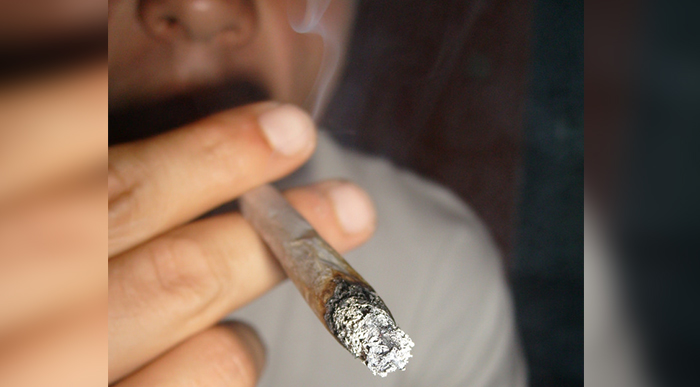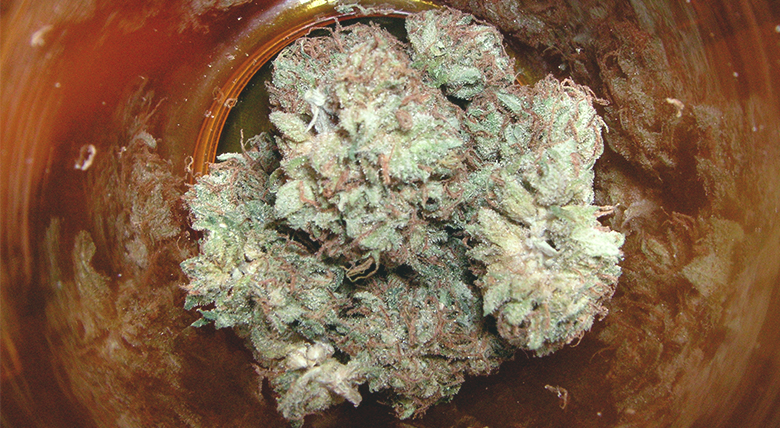A new study shows Canadians bought less alcohol after the country legalized medical cannabis.
Brock University business professor Michael J. Armstrong’s data on cannabis sales versus beer, liquor, and wine sales found that, between 2017 and 2018, Canadians bought 1.8% less than they would have if they hadn’t been able to score medical pot.
Published by the journal Health Policy, the study’s abstract states that its findings, “indirectly imply that reduced alcohol consumption might have partly offset cannabis legalization’s health and economic impacts.” The paper, which analyzed data from 2015 to 2018, went so far as to imply that such an impact on marijuana patients’ buying patterns could change the kinds of health issues Canadians face.
Importantly, Armstrong was quick to note that the findings did not indicate that legal medical weed caused lower alcohol sales — or that the shift was entirely positive.
“For example, increased cannabis-related health problems might come with decreased alcohol-related ones,” Armstrong said to MJBizDaily. “And governments’ new cannabis tax income might be offset by lower alcohol tax revenues.”
The implied negative correlation between medical weed and alcohol consumption, however, is backed up by research on young people regarding patterns of cannabis and alcohol use. In 2021, a research team with members from Harvard Medical School, Loyola University, and the University of Miami divided a group of cannabis users between the ages of 14 and 25 into two groups. One group was paid money to quit weed for four weeks, and the other was instructed to continue to consume as normal. Both groups recorded what happened to their alcohol intake.
Guess which group reported having more drinks? Sixty percent of the abstainers increased their alcohol drinking within the first week of the experiment.
As far back as 2019, a 300,000-respondent study at the University of Pennsylvania found that in states with access to medical marijuana, people self-reported better health. The macro-level results suggested a difference in the importance of medical cannabis as varying between demographics, and showed a disparity particularly prominent among people with high-school level education, “non-whites,” and people who live with chronic pain.
One University of Chicago study actually found a wide variation in recreational cannabis sales in Washington State — a full 15% lower demand for liquor — primarily, beer and wine — after adult-use weed was regulated.
Earlier this year, a study published in Health Economics suggested that in states with legal medical weed, insurance premiums dropped to the tune of “$820 million annually.”
In some communities, government leadership actually steers people from alcohol to medical marijuana. One Indigenous nation that made up its mind about medical pot taking priority over alcohol is the Oglala Sioux Tribe, whose community is located in the land known as South Dakota. The Ogala Sioux prohibited booze sale and consumption over a century ago, but in 2000 it became the first jurisdiction in South Dakota to legalize recreational cannabis.
Follow Caitlin on Instagram, and catch her Spanish-language podcast Crónica on Spotify and Mixcloud.
Cover image via











